So you’re a solo traveler who wants to make a difference and be a part of local social movements? Good on you! Participating in these movements can broaden your understanding of different cultures, give you a unique perspective on social issues, and allow you to make a genuine impact in the communities you visit. Here are some tips to help you get started:
1. Research your destination thoroughly
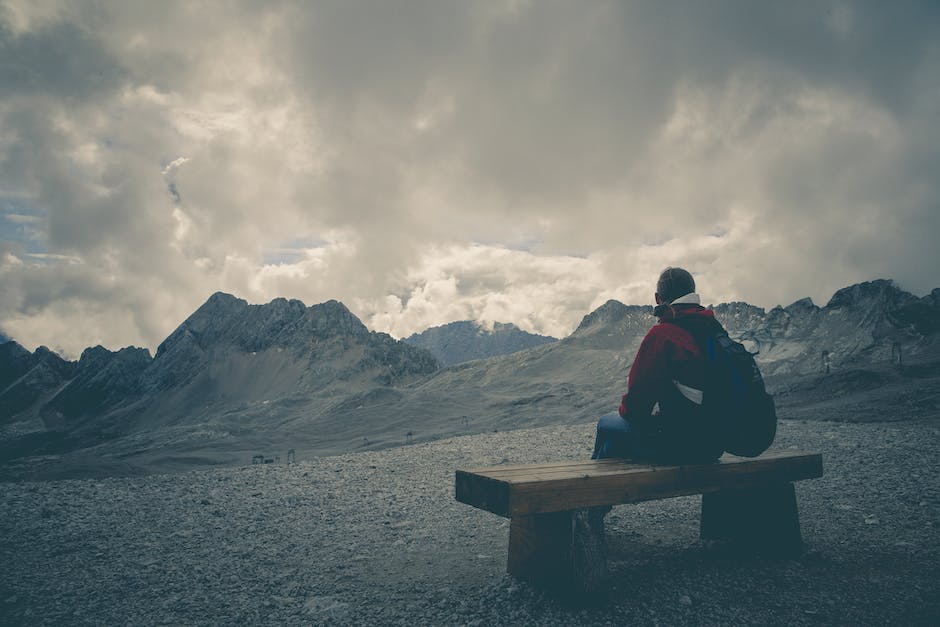
Before jetting off on your solo travel adventure, take the time to research your destination thoroughly. Look up local social movements, events, and organizations that align with your values and interests. This will help you connect with like-minded locals and make a meaningful impact during your stay. For example, if you’re an environmental activist, you might search for organizations that do beach cleanups or promote sustainable tourism.
Moreover, researching your destination can help you plan out your trip better. Knowing where to go and what to do can save you time and maybe even money. You might also want to check the local weather, currency, transportation system, and accommodation options. Having this information beforehand can make your trip less stressful and more enjoyable.
Finally, just like how you read reviews before buying a product, it’s important to read reviews about your destination. Learn from others who have gone before you and be mindful of their warnings and recommendations.
2. Respect local customs and traditions
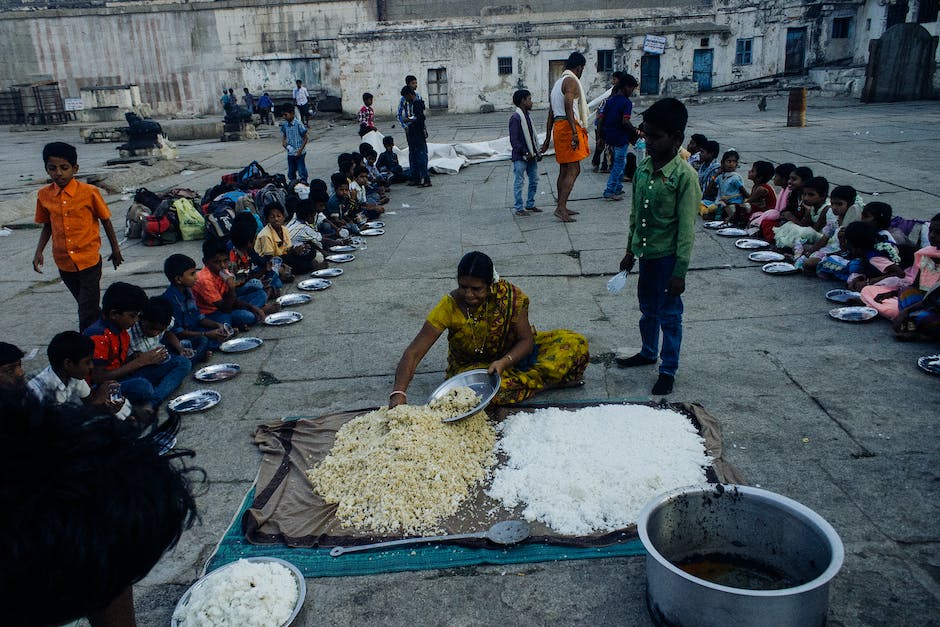
Each culture has its own set of beliefs, values, and traditions. As a guest in someone else’s country, it’s important to respect and honor these customs. Not only is it polite, but it also shows that you acknowledge and appreciate the uniqueness of each place you visit.
For example, if you’re visiting a temple, you might be asked to remove your shoes or dress modestly. If you’re attending a cultural festival, you might be asked to observe certain rituals or behaviors. In any case, be open-minded and respectful of these requests.
Additionally, it’s always a good idea to learn a few local phrases or greetings. This shows that you’re making an effort to communicate and connect with the people you meet. Making an effort to respect local customs and traditions can help you build bridges and create meaningful connections.
3. Be prepared to listen and learn

Part of participating in social movements involves listening and learning from local communities. As a solo traveler, it’s important to approach social movements with an attitude of humility and a willingness to learn. Some of the things you might learn include local history, social issues, and cultural practices.
One way to do this is to attend events, talks or workshops hosted by social movement leaders, activists or community members. You can ask questions, get advice and also share your own experiences. You’ll find that many locals are happy to share their stories and insights with you.
However, keep in mind that not everyone is obligated to educate you. Don’t take it personally if someone declines to answer your questions or provide you with information. Respect their boundaries and seek out resources on your own.
4. Volunteer your time and skills

Many social movements and organizations rely heavily on the support of volunteers. If you have some downtime or want to get more involved, consider lending your time and skills to help further the cause.
You can volunteer as an English teacher, organizer or medical professional. Alternatively, you can also help with social media management, grant writing, or fundraising. In any case, make sure that you’re volunteering with an established and reputable organization. You can do some research beforehand or ask for recommendations from locals.
Finally, keep in mind that volunteering should not be a one-time thing. It takes sustained effort and commitment to make a real impact. If you’re serious about helping out, consider making it a long-term goal and plan your trip accordingly.
5. Join organized tours or groups

If you’re not sure where to start or feel intimidated by the prospect of participating in social movements on your own, consider joining an organized tour or group focused on social justice travel.
These groups often have local connections and can help you navigate the city and get involved with social movements. They might also provide accommodations, transportation and meals, which can make your trip more convenient and affordable. Moreover, traveling with a group can also provide you with a sense of community and support.
However, make sure that the group you’re joining is reputable and aligns with your values. You might want to do some research on their leadership, mission, and past projects. Don’t be afraid to ask questions or voice out any concerns.
6. Use your social media platform for good
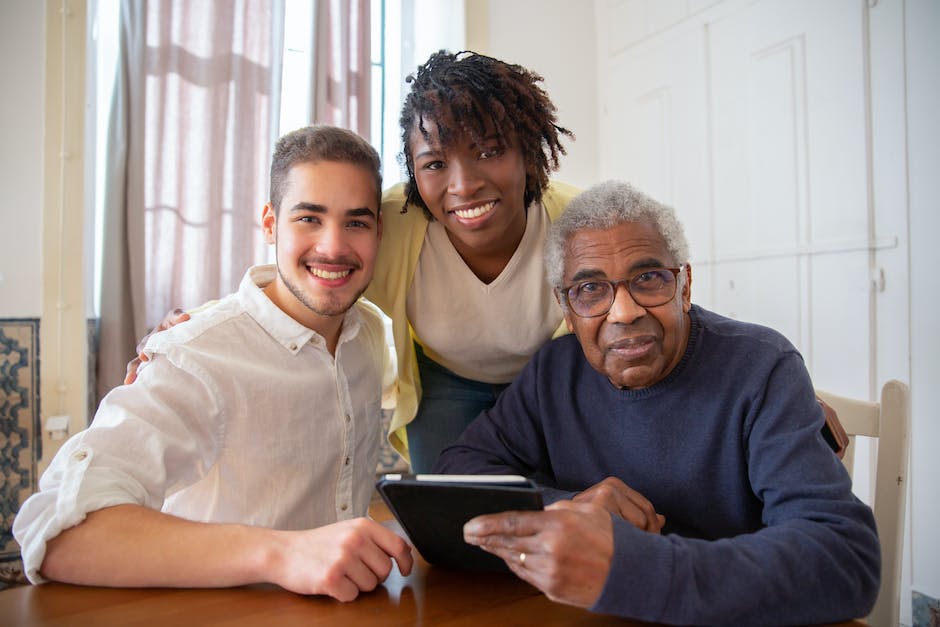
Social media can be a powerful tool for spreading awareness and promoting social movements. While you’re traveling, consider sharing your experiences and interactions with locals on your social media platforms. Use your platform to elevate the voices and perspectives of marginalized communities.
You can also follow social movement accounts or accounts run by local activists. Like, share or comment on their posts to show your support or raise awareness.
However, be mindful of the content you post and the impact it might have. Make sure that you have explicit permission from the people you’re photographing or interacting with before you post anything. Also, keep in mind that social media can sometimes perpetuate harmful stereotypes or lead to inadvertent harm. Be respectful and use your platform responsibly.
7. Shop and eat locally

Part of being a responsible traveler is supporting local communities. One way to do this is by shopping and eating at locally-owned establishments. This not only boosts the local economy but also allows you to connect with locals and hear their stories and perspectives.
When shopping, look for souvenirs that are made by local artisans or from sustainable materials. When eating, try out local dishes or visit markets where you can see how the food is made. You might also want to try out street food, which can be a delicious and affordable way to experience local cuisine.
In any case, be mindful of your consumption and waste. Avoid buying items that are unethical or harmful, and don’t litter or overuse resources.
8. Be aware of your privilege
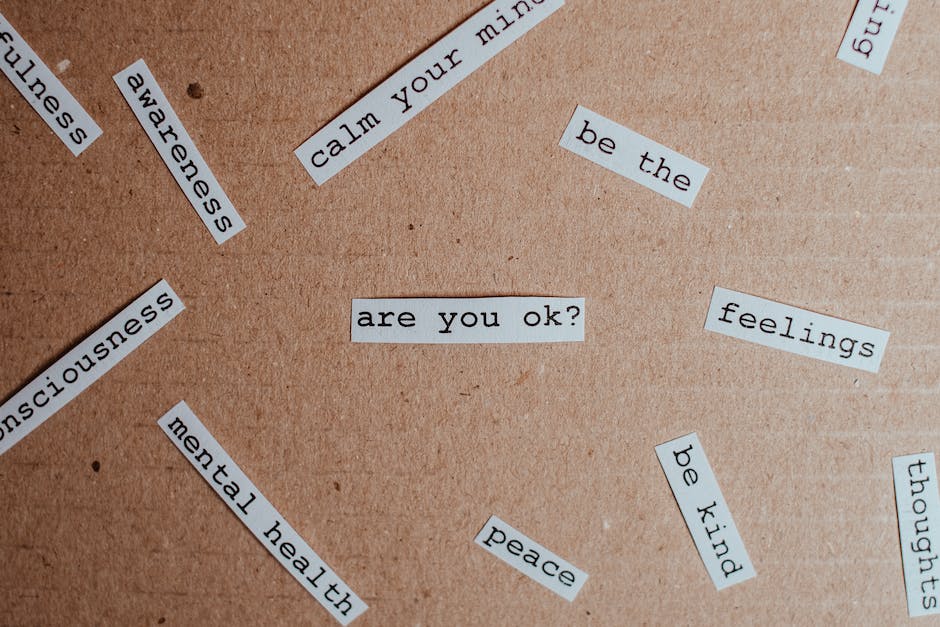
As a solo traveler, it’s important to be aware of the privilege that comes with traveling. Depending on your identity and background, you might have certain advantages or disadvantages that impact your interactions with locals.
It’s important to be mindful of these power dynamics and avoid speaking over marginalized voices or perpetuating harmful stereotypes. Instead, use your privilege to amplify their voices and advocate for their cause.
Additionally, beware of voluntourism or other practices that prioritize the traveler’s experience over the needs of the local community. Avoid programs that involve orphanages, animal tourism, or foreign labor. Do your research and be critical of programs that seem exploitative or unethical.
9. Pack with intention
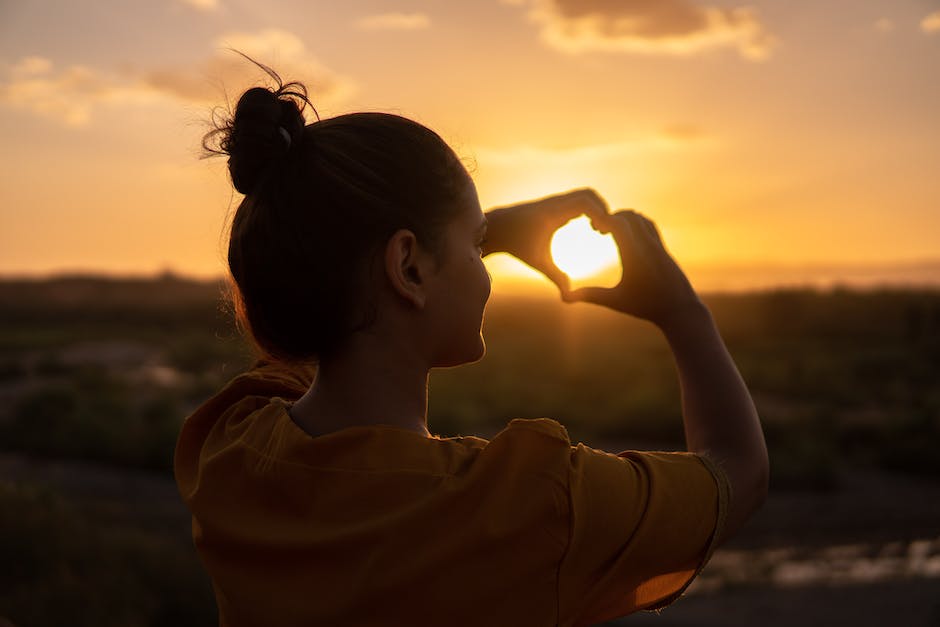
When packing for your trip, consider packing items that can be donated to local organizations or communities. For example, you might bring school supplies, clothing or toiletries that you can donate to schools or shelters.
Before you pack, research what items are needed or acceptable for the organization you’re planning to donate to. For example, some organizations might not accept certain types of clothing or toiletries. You might also want to consider purchasing these items locally, which can support the local economy and avoid extra baggage fees.
10. Take care of yourself
Participating in social movements and advocating for social justice can be emotionally taxing. It’s important to prioritize self-care during your trip by getting adequate rest, practicing mindfulness, and seeking support when needed.
You don’t have to put your own needs on hold to help others. Taking care of yourself can actually help you become a more effective and compassionate traveler. Make sure you have time for rest and relaxation, eat well and keep yourself hydrated, and stay connected with loved ones back home.
Finally, don’t forget to acknowledge the work that you’re doing and the impact that you’re making. Give yourself credit for taking the first step to be a more responsible and mindful traveler. You’re making a difference, one step at a time.

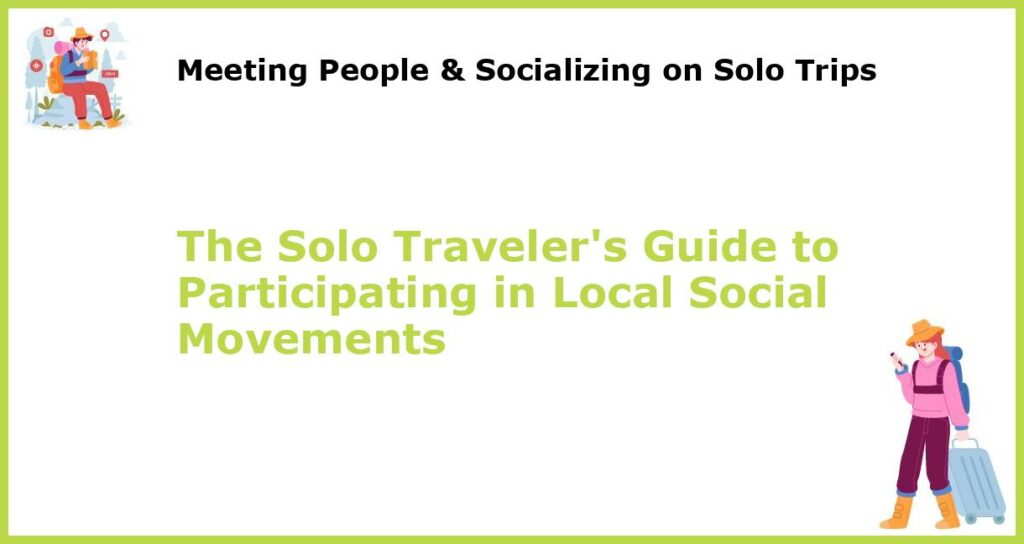






 You might also be interested in those articles related to solo traveling
You might also be interested in those articles related to solo traveling